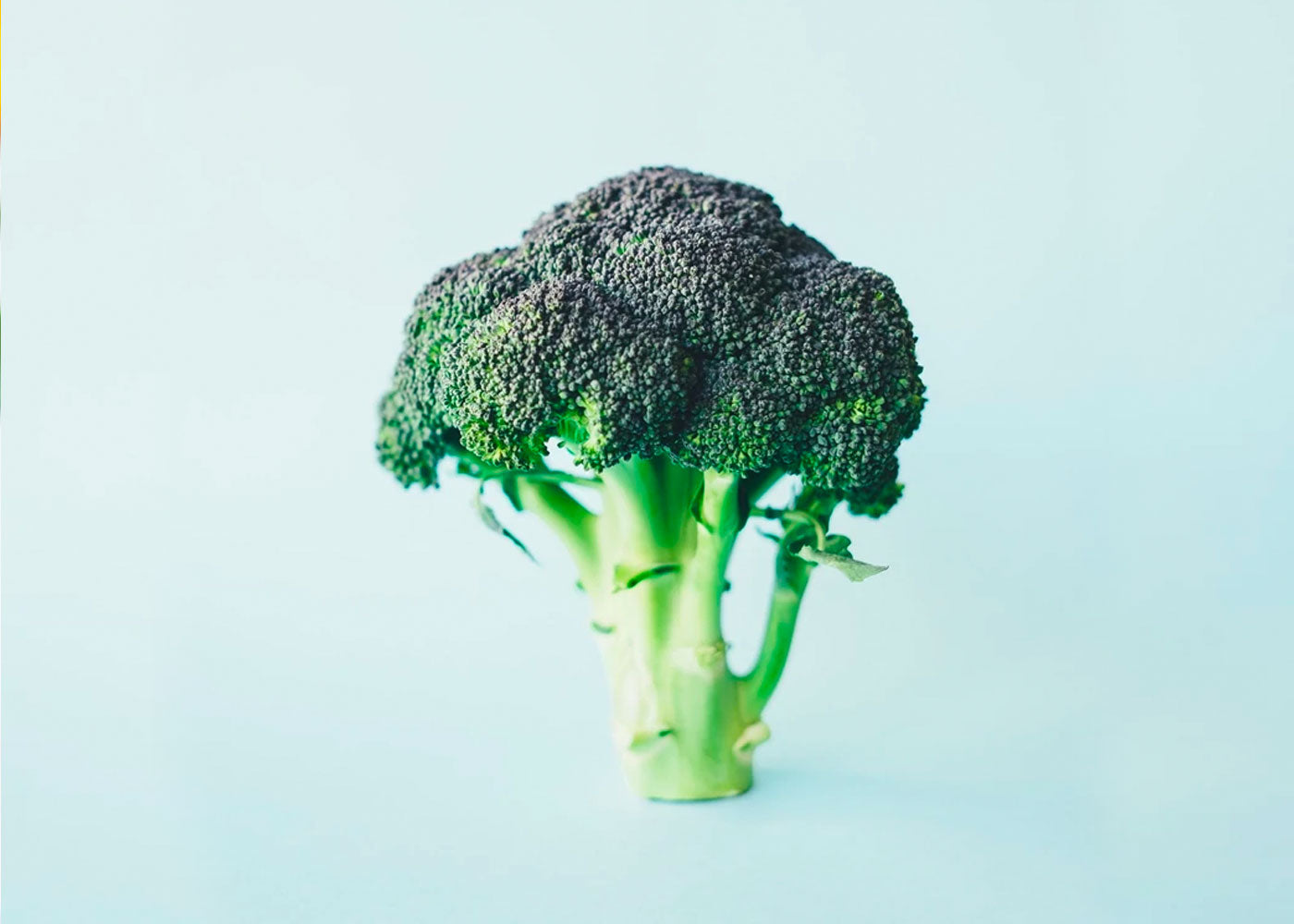B6 (aka pyridoxine ad pyridoxal)
Along with other B vitamins, B6 is a team player and helps convert sugar into glucose which our brain and body needs for fuel.
B6 is also important for general circulation and facilities storage of energy from our food.
B6, B9 and B12 work together to lower the level of homocysteine (ho-mo-cis-teene)- high levels of homocysteine are linked to heart disease. And what is good for your heart is also good for your brain.
Foods rich in B6 include avocadoes, bananas, beef, carrots, chicken, fish , lentils, whole grains
B3 (aka niacin)
Another team player, this B vitamin works with its 7 other team mates to help carbohydrates be broken down into energy
Niacin is also important for cholesterol- increasing ‘good cholesterol’ and helping to keep triglycerides (a type of not so good cholesterol) at bay
Diet sources include poultry, peanuts, sunflower seeds, whole grain foods, eggs, milk and fish
Calcium
We think about calcium as being a key bone builder.
Ensuring we are eating enough calcium is also important for our brain as it forms part of the communication network for electrical signals within the brain.
Calcium and Vitamin D work together to help with your bone health so ensuring you have enough is essential for general health also
Well known sources of calcium are milk cheese and yoghurt
BUT dark green leafy vegetables such as brocolli, spinach, kale as well as certain types of fish such as salmon are also excellent calcium sources








